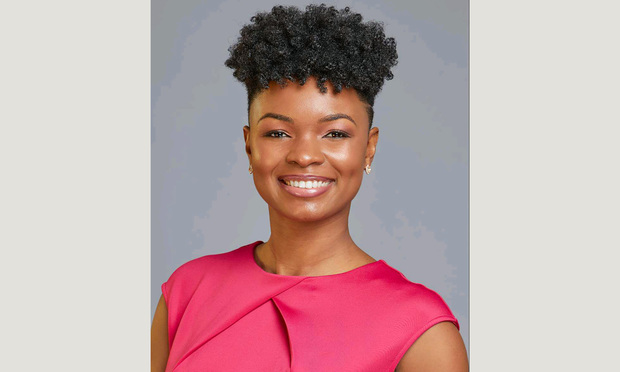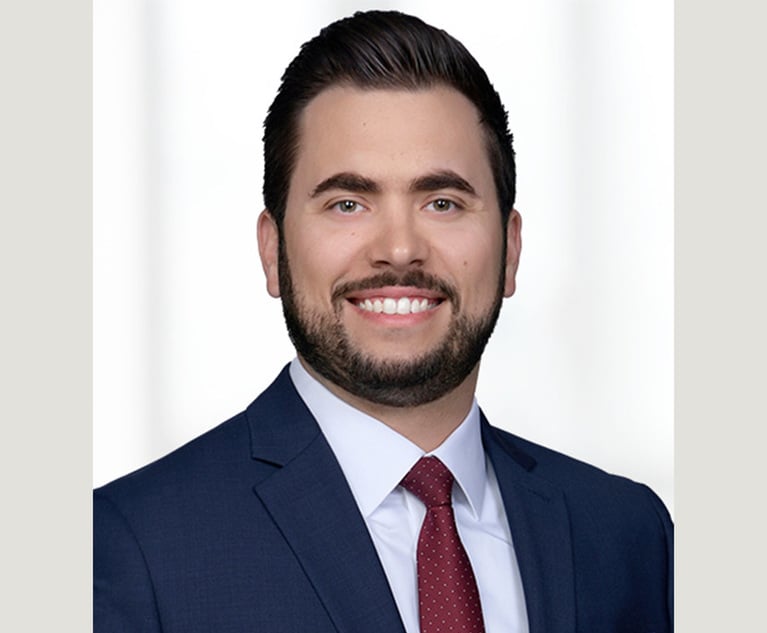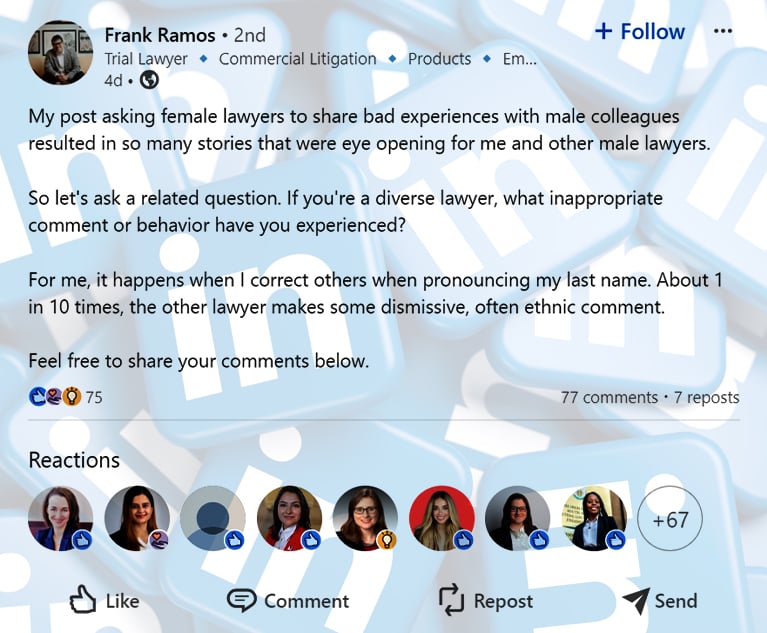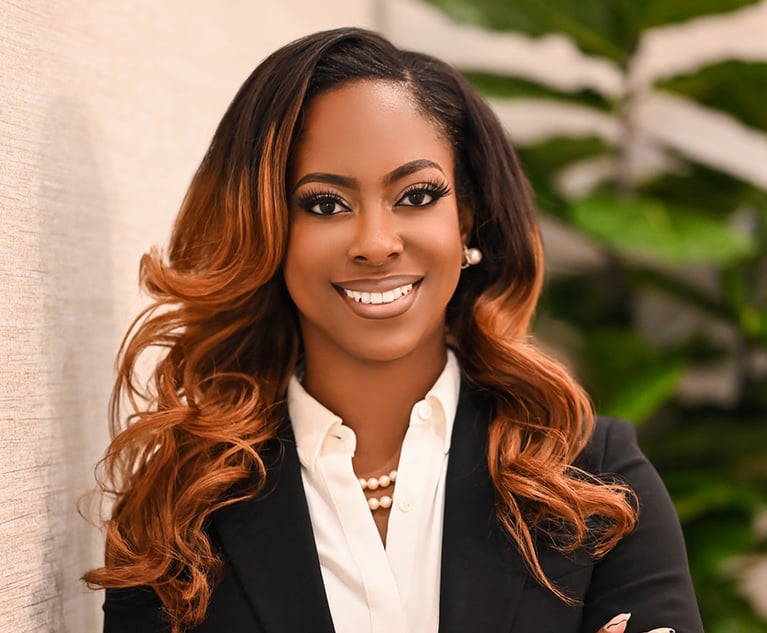The American Dream is premised on the notion that equality of opportunity is available to any American, allowing the highest aspirations and goals to be achieved. For many Black Americans, however, the seemingly equal road to achievement entails overcoming unsettling obstacles and inaccessibility to equal opportunities. Following the Civil Rights movement, society has often attempted to designate the lingering effects of slavery and Jim Crow as ancient history. However, the truth is, despite the false narrative of color-blind progression, there is still much to be done to effect progress in the Black community. The legal profession is not immune from this truth. In our profession, equally hard-working Black attorneys simply do not fare as well as their non-Black counterparts.
Here I am, proudly the first lawyer in my family’s history, but as the great-great-granddaughter of a man sold to a South Carolina plantation owner, like many Black Americans, I can recount the numerous barriers encountered along my path. Obtaining an education and entering a profession that was unavailable to our ancestors cannot be where Black attorney advancement ends; rather, it is the beginning. Through fair access to legal education, cultivating meaningful mentorships and sponsorships, and building coalitions with Black-owned businesses, Black attorney advancement can be achieved.


 Ashley Gantt, with Shutts & Bowen in Miami.
Ashley Gantt, with Shutts & Bowen in Miami.




